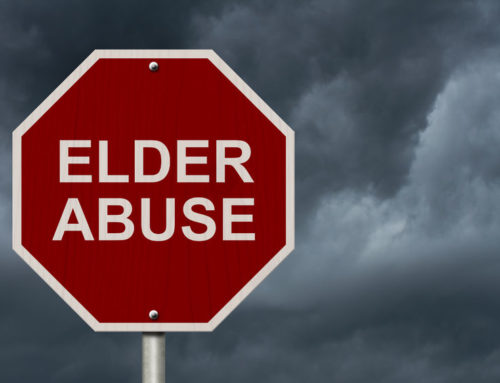Individuals with Alzheimer’s—as well as their caregivers—will at some point require additional care around the home. Assisted living facilities provide a common solution for those whose loved ones being showing advanced symptoms of Alzheimer’s or dementia; however, assisted living facilities may not be the best initial option for caregivers. That being the case, caregivers often choose to provide care for their loved ones at home instead of through a facility.
While the personnel at assisted living facilities have had years of practice catering to the needs of those living with this condition, those who wish to provide care for a loved one at home likely do not have that experience and may not be as readily equipped to care for their loved ones. For instance, assisted living facilities, very likely, already have rooms and hallways with sufficient lighting for their residents. Your own home, on the other hand, may not have ample lighting for those with Alzheimer’s and dementia. (Oftentimes, caregivers assume that “mood” lighting—which is pleasing and calming to most people—will also provide a sense of serenity to those with these debilitating conditions). Those with Alzheimer’s, however, may find that “mood” lighting produces a great deal of anxiety, as the shadows and dark areas of a room may give your loved one a sense of uncertainty.
Other conditions around the home may require attention too. For instance, if your loved one has a history of falls, then you may want to consider providing him or her with an extra mattress for the foot or side of the bed. Doing so can prevent serious injuries and expensive hospital bills. Also, you may want to consider how to monitor your loved one during the night or while he or she spends time away from you in the home. Caregivers have found that baby monitors provide them with an effective way of keeping an “eye,” so to speak, on their loved ones.
While you may implement part of the above strategy (or your own) for providing your loved on with a safe living environment, do keep in mind that you’ll want to ensure the measures you take decrease your own anxiety too. Because caregivers get so wrapped-up in attending to the needs of their loved ones, they often easily forget about their own needs and increase their levels of stress.






